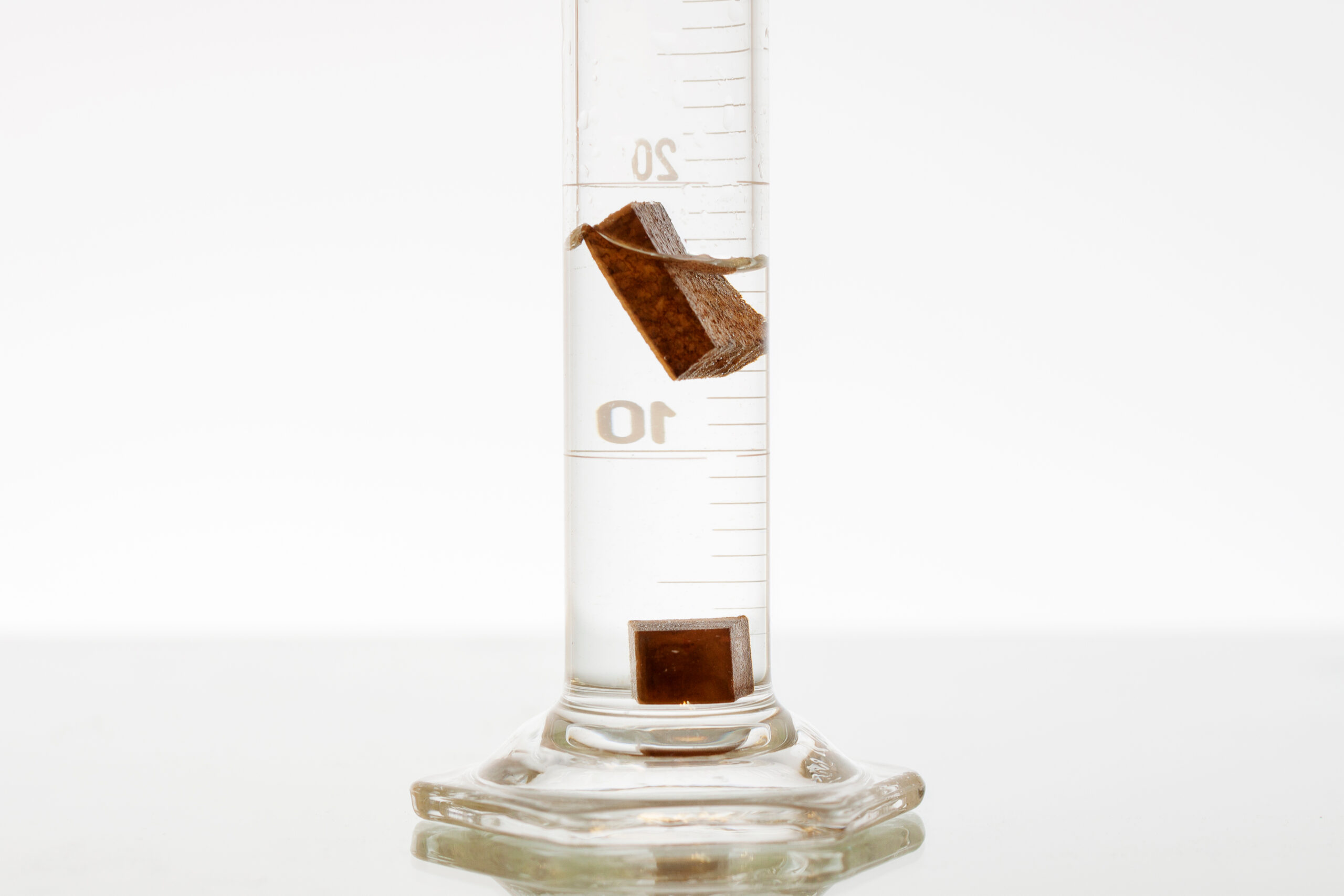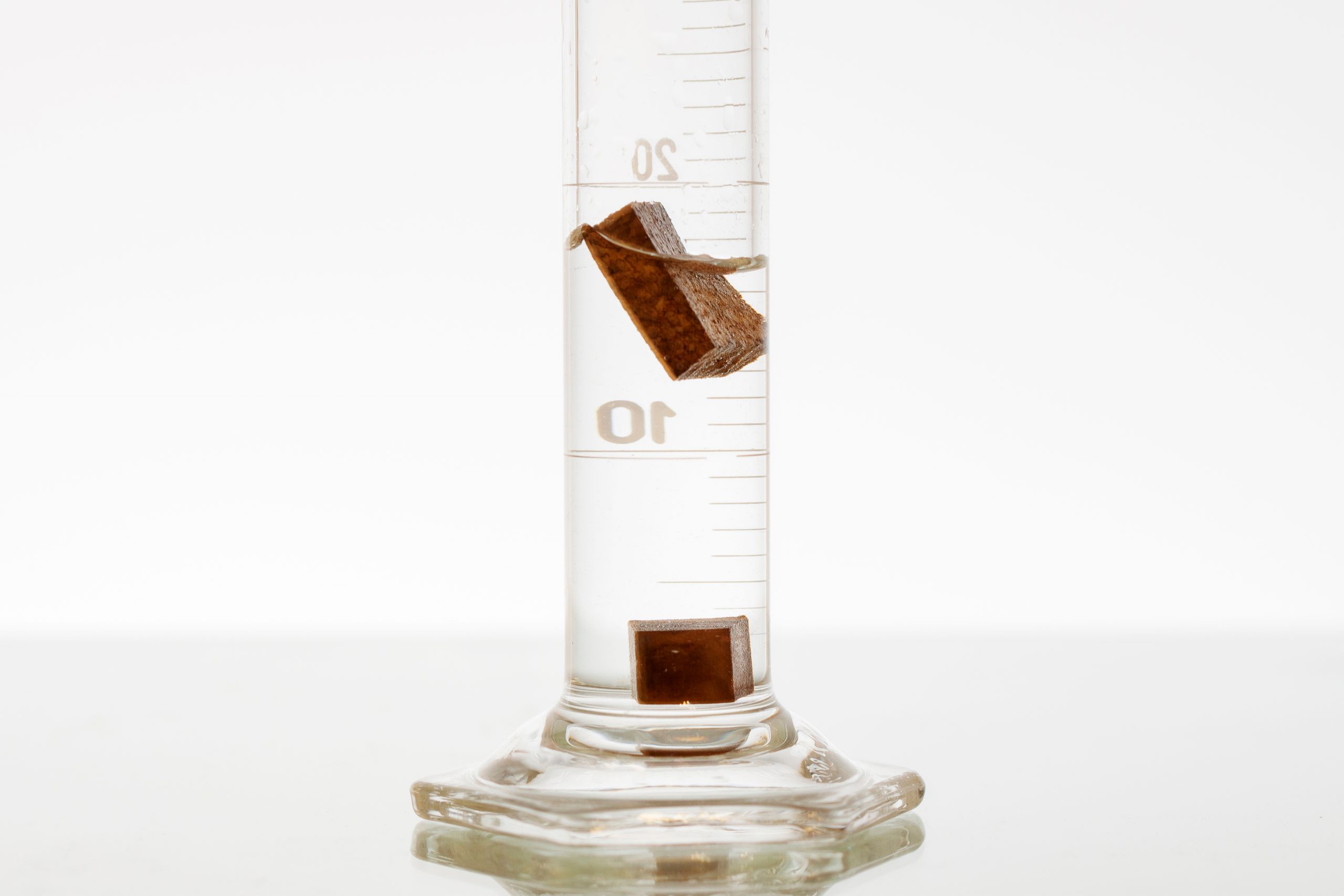 Students often love the idea of practical work in science. They have the chance to work in small groups as they experiment with new equipment and see the science come to life, rather than taking notes from the board or answering questions in their books.
Students often love the idea of practical work in science. They have the chance to work in small groups as they experiment with new equipment and see the science come to life, rather than taking notes from the board or answering questions in their books.
When it comes to exams, it’s another matter. Students often feel underprepared and uncertain about the types of questions that may be asked about the practical side of science. With most students in England now sitting GCSEs with required or core practicals they must carry out in class, there is no escaping the fact that this is an area of science that students need our help with.
Students can follow instructions and will learn a method for carrying out specified practicals, although they sometimes don’t appreciate why they carried out each step or understand how to collect valid meaningful data. To make your students more responsible for their own experimental results, there are small ways you could enhance the required practicals in lessons. When measuring the density of materials, why not allow them to choose from a wide selection of different measuring cylinders and ask them to justify the choice they made – whether a 5ml, 20ml or 100ml cylinder. To encourage independence, perhaps include a wide range of measuring devices for every practical activity so they always select, and justify, appropriate equipment for that measurement.
Could you stretch the more able with objects that float in water, or are hollow inside when they calculate the density? Could you ask your students to measure the specific heat capacity of liquids or investigate the wave speed in different thicknesses of vibrating elastic? What happens if objects other than springs are stretched? Allowing students some freedom to conduct more open-ended investigations for these core practicals will help prepare them for the unexpected nature of exam questions.
In many schools, the sequence of science taught in lessons follows the order in which it is written down in the exam board specifications, even though this is not a requirement from the boards. A great example of this is when students learn to calculate the specific heat capacity of a material. The usual method relies on students setting up a circuit with ammeters and voltmeters in the correct place. Recording the mass, current, potential difference, time and temperature. They take many measurements and then plot a graph to calculate the gradient, which is then used in a subsequent calculation. These are all skills they will have mastered by the end of Year 11, yet this activity is often carried out near the start of the course. A simple demo or practical could be used when this is first covered by the students, but by then revisiting the same practicals in greater detail towards the end of GCSEs they will have a much deeper understanding of why they carried out each step.
Revision for exams does not have to remain a solely paper-based activity. Spending a couple of lessons with a carousel of all the essential practicals set-up allows them the opportunity to re-familiarise themselves with the equipment and techniques they might not have used since the start of Year 9 or 10. Around these core practicals could be prompts for the students to think about and discuss – what else could the same apparatus be used to measure, are there other ways to carry out the same experiment, what possible questions could be asked about that particular practical?
The more hands-on experience and time your students have with the common equipment they use for GCSE Science the more confident they will become, leading onto greater confidence when questions about this undoubtedly come up in their exams.
Lewis Matheson
Lewis worked in both the state and independent sector where he was a Head of Science. He has also made over a thousand videos supporting GCSE and A Level Physics and continues to make resources for students of all abilities.



